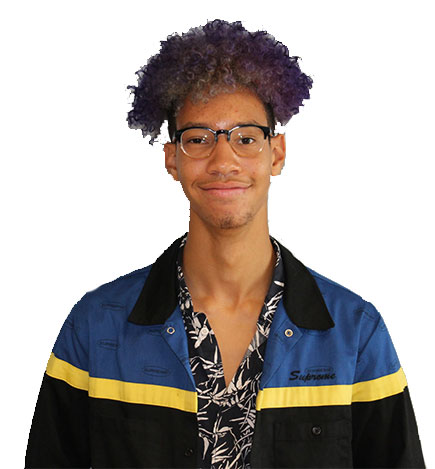The Ins and Outs of Coming Out

October 25, 2018
October 11th marked the 30th annual National Coming Out Day (or NCOD), which served as a day for people who are questioning their gender identity or sexuality too, well, come out.
Coming out can be a scary part of life for any member of the LGBTQ+ community. Coming out marks an important transition in LGBTQ+ members’ lives, which is an important moment to understand even if you’re not queer (or someone not straight or cisgender).
First, there’s coming out to yourself. Realizing your queer is hard to accept, not because it’s wrong, but because it’s so vehemently shunned in many parts of the world and in our nation. Realizing you’re queer is realizing you have to permanently live your life against the grain, outside the “norm.” And this affects every aspect of one’s life, including politically. You can’t really be politically passive and out of the closet, simply because people will go out of their way to strip away your rights. So you have to be aware enough to fight to keep them. It’s a lot to handle, which is why it’s often easier for people to stay in the closet. But there’s strength in coming out, which is what NCOD tries to show people.
The next big transition when coming out is coming out to the people in your life you care about. This is what trips a lot of people up because they’re afraid that just a few small words could result in them losing their entire support system or put themselves in a dangerous position. Even if one is cast out of their family or friend group, they need to live their truth as authentically as possible. So, even if you lose those people, when you are part of the LGBTQ+ community, you will always have a support system. No matter who doesn’t accept you, we strive to protect our own.
The final real big coming out transition is the one that never ends: the never-ending process of coming out to people. People don’t realize that when you’re queer, you don’t ever stop coming out. Whenever you meet a new person, that’s another coming out moment. This either becomes less unnerving as time goes on or a morbid little game called “If I come out right now, will this person accept me or hurt me?” Believe it or not, this is a legitimate concern when coming out casually to people. It’s hard to gauge how a person really feels about the LGBTQ+ community and whether or not they’re violent enough to cause physical harm to someone due to his/her identity.
NCOD is made for every possible LGBTQ+ person to reach all three of these stages at once, but it is a nice push into the direction of truly being out. That being said, there is no right or wrong way to come out. People can come out whenever or however they want; it’s all about the personal journey. Everybody has their own story and their own methods of trying to reach their own “out,” and it’s crucial that whether you’re LGBTQ+ or not that you respect the process and don’t try to force your opinions or preconceived notions onto them.











































